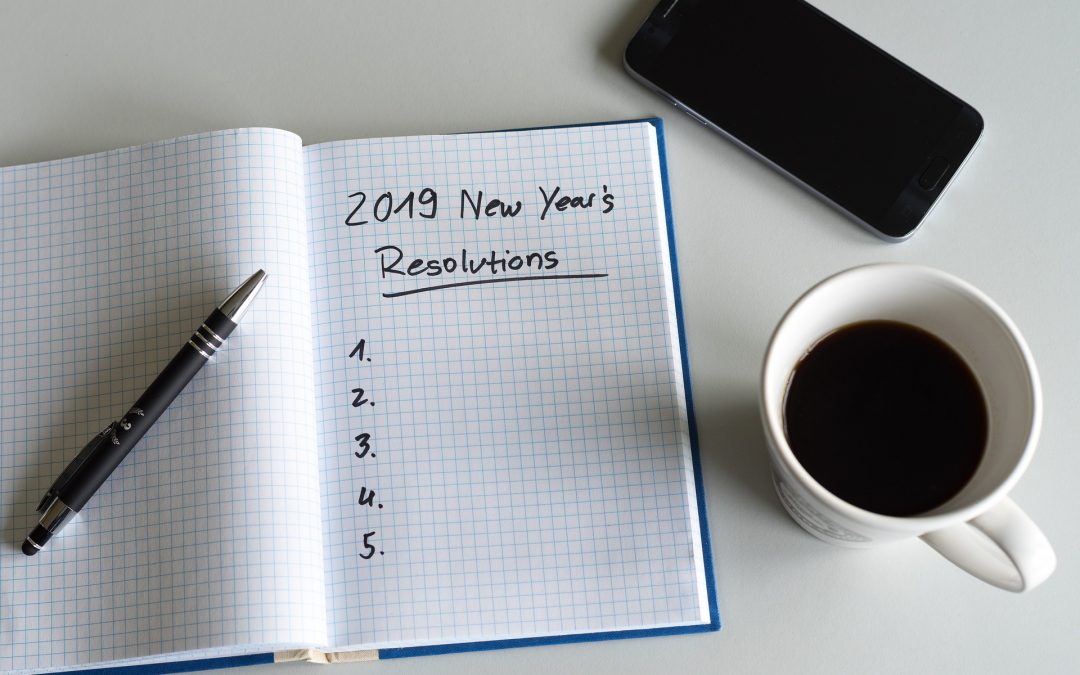It’s one thing to make a resolution but a different story to stick to it. How good are people at keeping their resolutions? Based on the most frequently cited estimates only 8-12% are successful. A study by Norcross, Mrykalo, and Blagys explains what differentiates resolvers from non-resolvers. The researchers recruited two groups of study participants [3]. The resolver (N=159) group included those who had committed to actively working toward changing behavior. The non-resolvers (N=123) included those who showed an interest in changing but were not committed. The researcher tracked the participants through telephone interviews for six months. What they found provides useful guidance for anyone looking for ways to stick with their New Year’s resolution or simply work on changing behavior. Resolvers who were successful in adhering to their resolution in week three and week four engaged in four distinct behaviors.
- They exercised greater willpower
- They thought about how the problem behaviors were hurting them
- They kept things around that would remind them of how the problem behaviors were hurting them
- They avoided situations associated with problem behaviors
Interestingly, the study found that rewarding oneself for changing and positive thinking helped sustain in the initial two weeks but did not contribute favorably to those who were able to maintain beyond the first two weeks. Whether or not you set resolutions, hope these guidelines are useful for your personal growth. Whether you are looking to lose weight or find new work these four simple steps may make all the difference.
References
1| Pappas, S. & Geggel, L. (2017). Why We Make New Year’s Resolutions. Live Science. Retrieved from https://www.livescience.com/42255-history-of-new-years-resolutions.html
2| https://www.statista.com/chart/12386/the-most-common-new-years-resolutions-for-2018/
3| Norcross, J. C., Mrykalo, M. S., & Blagys, M. D. (2002). Auld lang Syne: Success predictors, change processes, and self‐reported outcomes of New Year’s resolvers and nonresolvers. Journal of clinical psychology, 58(4), 397-405.

